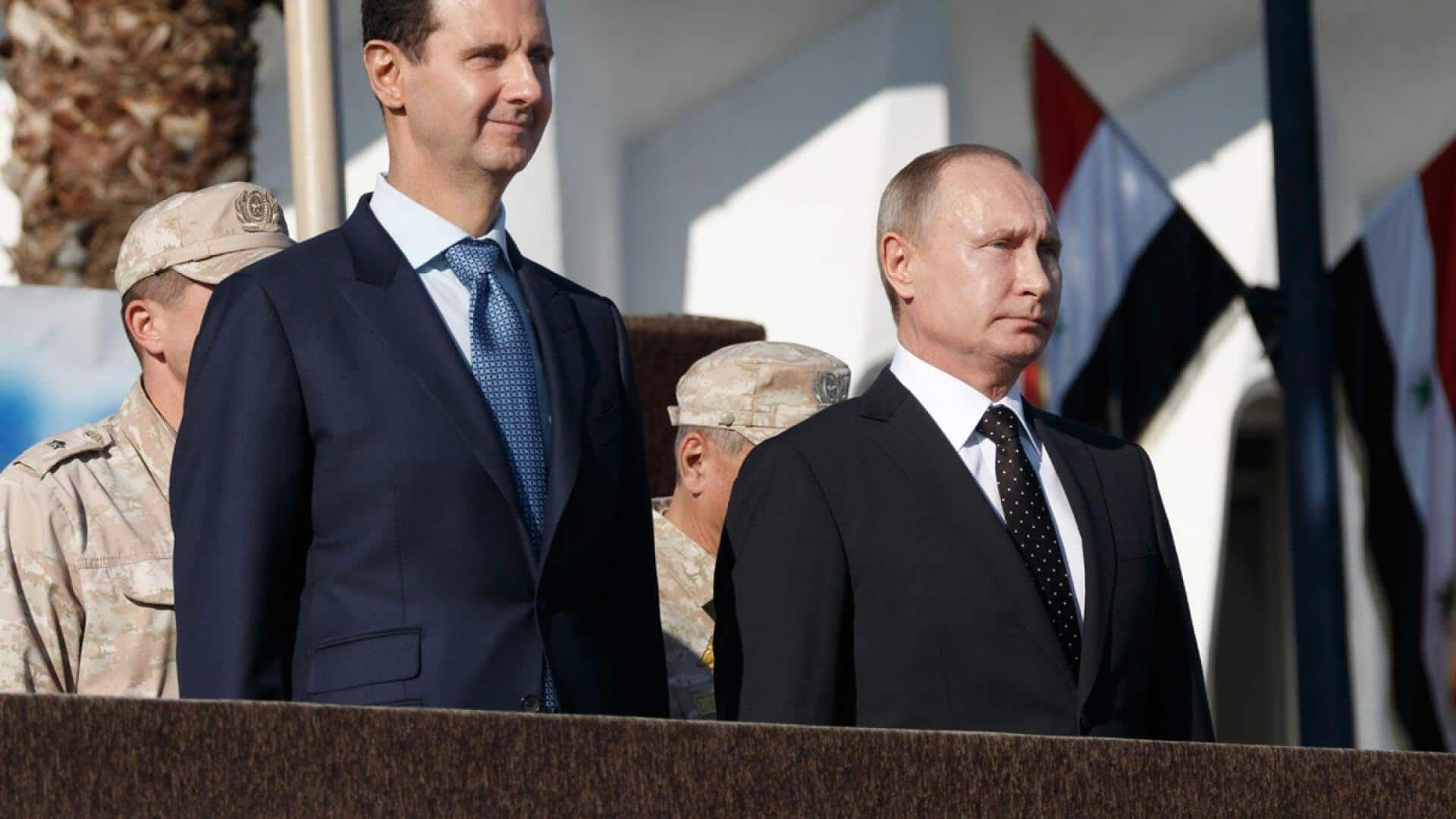
Why Assad fled to Russia after rebels took over Syria
What's the story
The regime of Syrian President Bashar al-Assad finally crumbled on December 8, 2024, after an 11-day offensive by rebel forces.
The rebels, led by Abu Mohammed al-Jawlani of the Hayat Tahrir al-Sham group, seized Damascus, ending Assad's 24-year rule.
As the rebels marched toward Damascus, al-Assadd and his family fled Syria.
Their whereabouts remained unknown until Russian news agencies confirmed their arrival in Moscow on Sunday night.
Asylum granted
Russia grants asylum to Assad and his family
Russia has granted asylum to al-Assad and his family on "humanitarian grounds."
This was confirmed by Mikhail Ulyanov, Russia's ambassador to international organizations in Vienna, who wrote on Telegram: "Breaking news! Bashar al-Assad and his family in Moscow. Russia does not betray friends in difficult situations."
The confirmation came after a mysterious flight was tracked leaving Damascus airport around the time of the rebel takeover.
Diplomatic ties
Russia's longstanding support for Assad
Russia has been Assad's long-time ally, providing military and diplomatic support since 2011.
Moscow's support intensified during the Arab Spring and has included military interventions in Syria.
Russian President Vladimir Putin had consistently opposed Western efforts to oust Assad.
The swift rebel advance began with the capture of northern Aleppo and quickly spread across Syria, leading to the fall of Homs which severed Damascus from coastal regions where Russian military bases are located.
Political uncertainty
Uncertainty looms over Syria's political future
The fall of Assad's government throws Syria's political future into uncertainty.
Celebrations broke out in rebel-held regions as opposition leaders pledged to safeguard Russian military bases and diplomatic institutions in Syria.
Meanwhile, US President Joe Biden admitted uncertainty over Assad's whereabouts but said reports indicated he was in Moscow.
This marks a major turning point in Syria's decade-long civil war, with international observers keeping a close watch on further developments in the region.